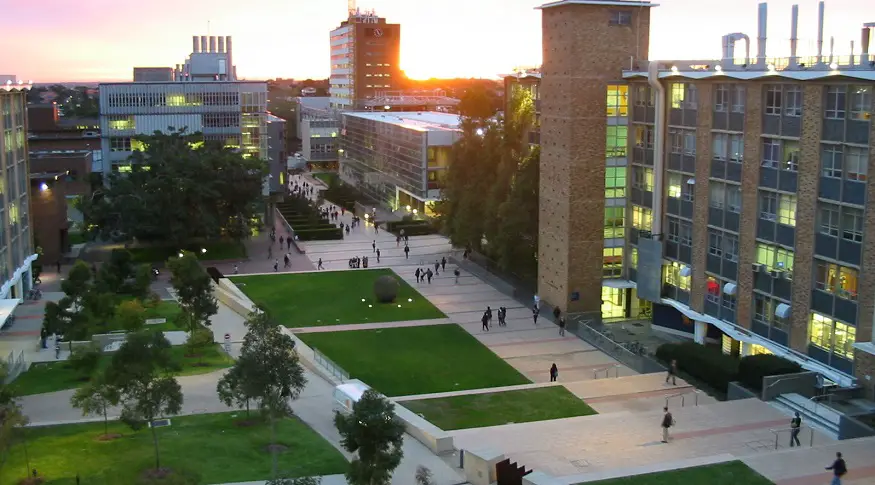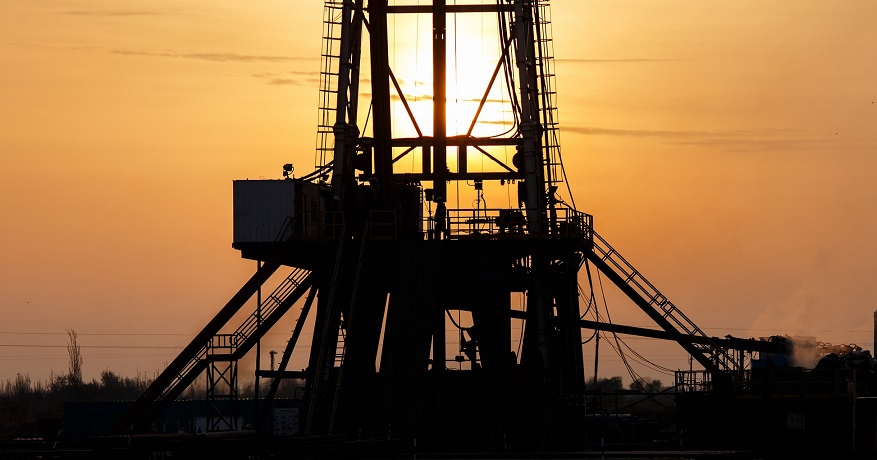
Australian brewers may sell wastewater hydrogen to renewable energy producers
March 31, 2020A start-up is seeking to use its new technology to extract the H2 from what used to wash down the drain.
Three chemical engineering students from Sydney, Australia, believe they have found a way to extract wastewater hydrogen from industries such as brewing beer.
The trio have formed a company called switcH2 and plan to use their technique in an upcoming pilot.
The University of New South Wales students, Khushal Polepalle, Bijil Subhash, and Constantine Tsounis and their switcH2 company are preparing to pilot their invention. They will be using it to extract wastewater hydrogen from the water resulting from beer brewing. The pilot will launch later in 2020.
The key to the chemical engineering students’ process is a proprietary catalyst. Tsounis and Subhash developed the catalyst which can oxidize organics within the water resulting from brewing which is traditionally cleaned and simply sent down the drain.
“We wanted to translate that into a package that would be suitable for industry,” said Tsounis. “It’s about designing the right catalyst for the right application.”
SwitH2 is looking to wastewater hydrogen from breweries, considering it “low-hanging fruit”.
The malodorous water leftover from the brewing process was their source of choice. The reason is that brewers are usually required to spend a considerable amount of money processing their wastewater. This is required or they risk high tariffs from councils if they simply dump it down the drain as-is. Being able to send that unchanged leftover water somewhere else provides brewers with the opportunity to save a substantial amount of money. It turns what had been costly waste into another valuable product.
“It allows us to really change the way that breweries see this waste,” explained Tsounis. “It’s a resource you can unlock value from just by processing it the right way.”
The switcH2 system extracts the wastewater hydrogen by oxidizing the liquid and dissolving the organics within it. This means that there is a reduction in the amount of energy needed to produce the same amount of energy. This is because it is more difficult to oxidize water  than it is to oxidize longer chain organics, said Tsounis. Organic oxidation is “more favorable than water oxidation.”
than it is to oxidize longer chain organics, said Tsounis. Organic oxidation is “more favorable than water oxidation.”



 With over 15 years of reporting hydrogen news, we are your premier source for the latest updates and insights in hydrogen and renewable energy.
With over 15 years of reporting hydrogen news, we are your premier source for the latest updates and insights in hydrogen and renewable energy.